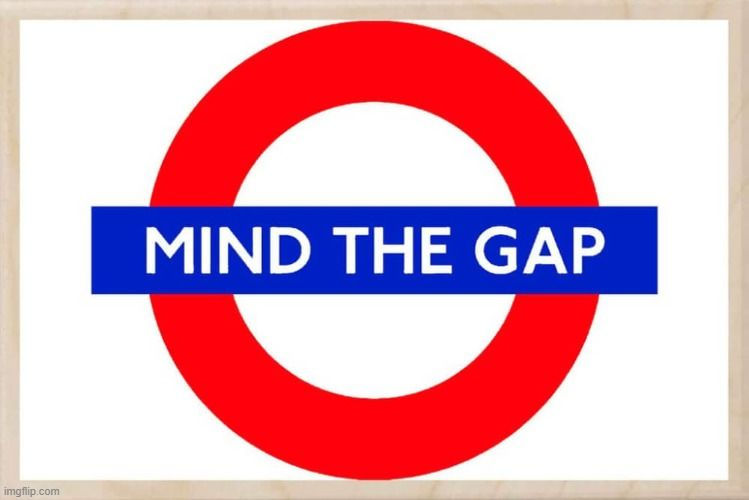Minding the (Employee Productivity) Gap with IG Best Practices
- Max Rapaport
- May 7, 2024
- 2 min read
Industry research has shown a significant gap in employee revenue productivity between the companies most likely to outperform the market and their industry peers and a wide variation in the levels of revenue generated per employee based on that gap between the 2 sets of companies.
Recent research by McKinsey looks into these productivity variations, and pinpoints three measurable reasons for poor productivity:
Skill gaps: Employees lack the necessary skills for their roles.
Will gaps: Employees lack engagement or enthusiasm for their work.
Time gaps: Employees spend time ineffectively, such as through poor prioritization or unproductive meetings!
While information governance best practices are far from the only tool needed to address these gaps, we believe there are various ways that they can help “close the gaps.”
First, to address skill gaps, organizations should focus on training initiatives that build essential skills related to the management of their records and data. For example, do employees understand how to use a retention schedule? Do they have a common understanding of what constitutes a record (that needs to be kept) versus junk data? And do they have a common understanding of organizational security protocols?
Concerning will gaps, we have found that one of the central success factors in any information governance program is employee buy-in – especially by non-executive management. Starting with the needs assessment and gap analysis process, it is important to solicit a wide variety of viewpoints and opinions and to design a program that meets the specific needs of the various organizational departments or divisions. This process fosters a sense of ownership and involvement, increasing their commitment and enthusiasm for their work.
Finally, organizations must address time gaps. It is common for a typical knowledge worker to spend upwards of 25% of their time finding the information that they need. Efficient data categorization both saves time and democratizes access to critical data assets by streamlining access to relevant information, reducing time spent searching for resources, and improving overall productivity. Also, version control enhancements ensure that employees spend less time reconciling conflicting versions of documents, allowing them to focus on value-added tasks.
By integrating these information governance best practices, organizations can effectively mitigate skill, will, and time gaps, ultimately enhancing productivity across the board.





Comments